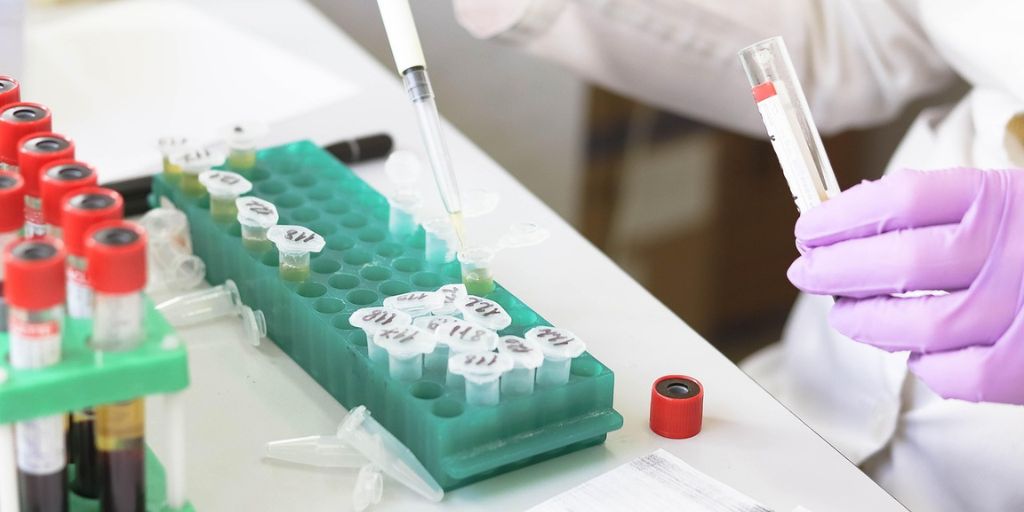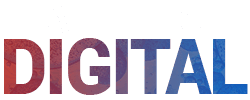
Advanced chemical testing methods have significantly reshaped healthcare diagnostics. These innovations allow faster, more accurate identification of a wide range of medical conditions, enhancing patient outcomes and healthcare efficiency.
As new technologies emerge, health professionals are equipped with tools that go far beyond traditional lab techniques. One of the most notable breakthroughs has been the development of methods capable of analysing complex biological samples with unprecedented precision.
The Evolution of Diagnostic Testing in Modern Healthcare
Chemical testing in healthcare has evolved from basic manual procedures to highly automated, high-throughput systems. Earlier methods, such as colour-based tests and manual titration, offered limited precision and were often subject to variability. These legacy techniques have now been replaced by automated platforms that provide more reliable results at lower detection limits.
The shift toward automation began decades ago and has accelerated with electronics and digital integration advances. Today’s diagnostic systems can detect and measure compounds in extremely low concentrations, often in real time. This enables the identification of trace markers associated with diseases that previously have gone unnoticed until advanced stages.
Among the most impactful tools in this area are Ion Chromatography solutions, which enable highly sensitive and specific ion analysis critical to modern diagnostics. These systems allow for detecting multiple analytes in a single run, streamlining the process while ensuring robust results.
Ion Chromatography: A Cornerstone of Modern Clinical Analysis
Ion chromatography has become a core technique in clinical laboratories for analysing the ionic composition of biological fluids. The method separates ions in a sample using resins packed into columns. As ions pass through the column, they interact with the resin and exit at different rates. This separation is then detected using conductivity sensors or similar systems.
Two primary types of ion chromatography systems are used in clinical environments. Suppressed ion chromatography enhances detection by reducing background noise. Non-suppressed systems, by contrast, are suited to less complex applications and require simpler operation. Both systems support high sample throughput, making them ideal for hospital laboratories.
Importantly, ion chromatography offers benefits over older chemical analysis methods. Electrolyte panels, for example, deliver more accurate readings of sodium, potassium, chloride, and bicarbonate. Unlike flame photometry and other conventional approaches, it can distinguish between closely related ions even in complex biological matrices.
The Impact of Advanced Testing on Patient Care
Faster test results have transformed patient management in clinical settings. Tests that once took days can now be completed within hours or even minutes. This speed helps doctors make quicker decisions, especially in critical care scenarios where early intervention can significantly improve outcomes.
Greater analytical accuracy has also made it easier to detect subtle chemical changes in the body. Conditions such as thyroid disorders, diabetes and various metabolic syndromes can now be monitored more closely. Healthcare providers are able to develop personalised treatment plans based on detailed biochemical profiles, rather than relying solely on generic thresholds.
Advanced testing methods also support more efficient use of healthcare resources. With fewer false positives and less need for repeat testing, laboratories can manage their workloads more effectively. This improves turnaround time for all patients, not just those with complex cases.
Personalised Medicine and Biomarker Profiling
Personalised medicine depends on the ability to gather detailed data about individual patients. Chemical testing, including ion chromatography, plays a central role in this process. By examining the exact chemical composition of blood, urine and other samples, clinicians can choose therapies that are better suited to each patient’s biological makeup.
This approach is especially useful in oncology, where treatment selection increasingly depends on identifying specific biomarkers. The ability to track how a patient responds to treatment at the molecular level allows for timely adjustments and better long-term outcomes.
In addition to cancer care, personalised diagnostic strategies are becoming more common in managing chronic diseases. By monitoring how individual patients metabolise certain drugs or nutrients, clinicians can reduce the risk of side effects and improve therapeutic effectiveness.
Barriers and Limitations
Despite its advantages, the adoption of advanced testing technologies is not without challenges. Ion chromatography systems require regular maintenance and skilled operation. Sample preparation can be time-consuming, and some biological fluids may require special handling to avoid interfering substances.
Financial considerations also influence adoption rates. High-quality systems represent a significant investment, not only in equipment but also in training and consumables. While large healthcare institutions may have the resources to absorb these costs, smaller clinics often find them prohibitive.
There is also the matter of system integration. Diagnostic instruments must be compatible with electronic health record platforms and laboratory information systems. Without seamless integration, the benefits of faster testing can be offset by delays in result reporting and administrative burden.
Future Outlook: Innovation and Integration
The future of diagnostic testing lies in further integration with digital platforms and miniaturisation. Developers are already working on compact ion chromatography devices suitable for use in clinics, ambulatory care centres and even home-based testing scenarios.
Machine learning and artificial intelligence are also making their way into chemical diagnostics. AI can help interpret complex ion profiles, identify unusual patterns and even predict clinical outcomes based on prior test data. This could be especially useful in early diagnosis of diseases with subtle or fluctuating biomarkers.
Continued investment in research and development will likely produce more accessible and cost-effective systems. Collaborations between public health authorities, private manufacturers and academic institutions are helping to drive progress in this space.
Healthcare professionals are also benefiting from improved training and certification programmes. As familiarity with advanced systems increases, more clinicians will be able to leverage these technologies in daily practice.
Driving Better Patient Outcomes Through Smarter Diagnostics
Advanced chemical testing, particularly ion chromatography, is setting new standards for precision in healthcare diagnostics. Its integration into clinical workflows supports better-informed medical decisions, faster treatment responses and overall improved patient care.
As these technologies become more accessible and refined, they promise a future where diagnostics are not only more efficient but also more tailored to the individual. The continuing evolution of these tools reflects a broader movement toward smarter, more responsive healthcare systems across the UK and beyond.











